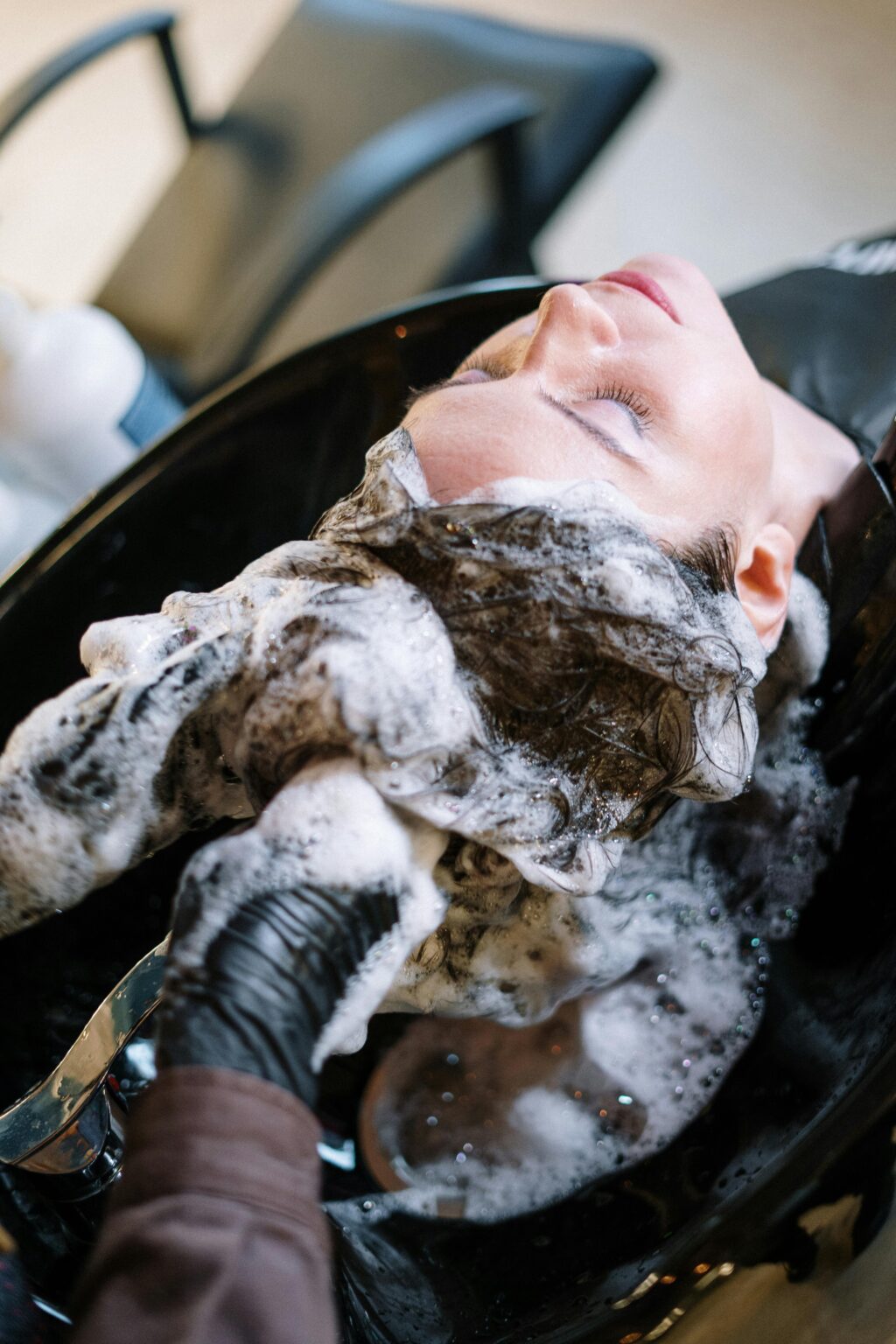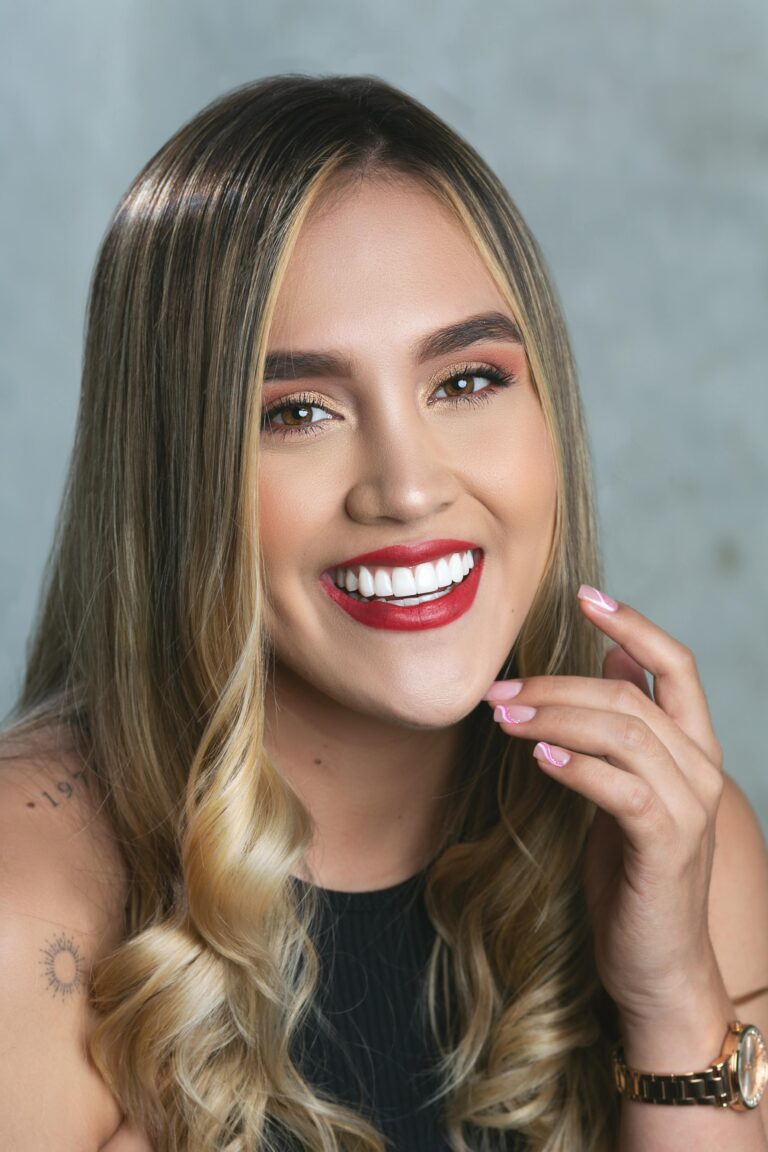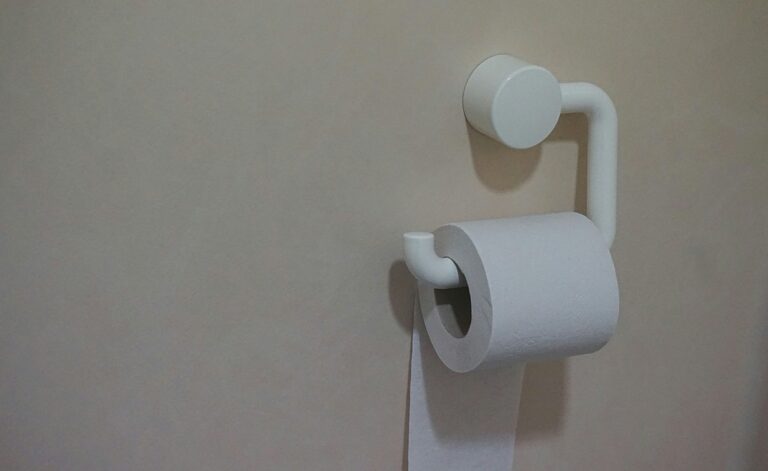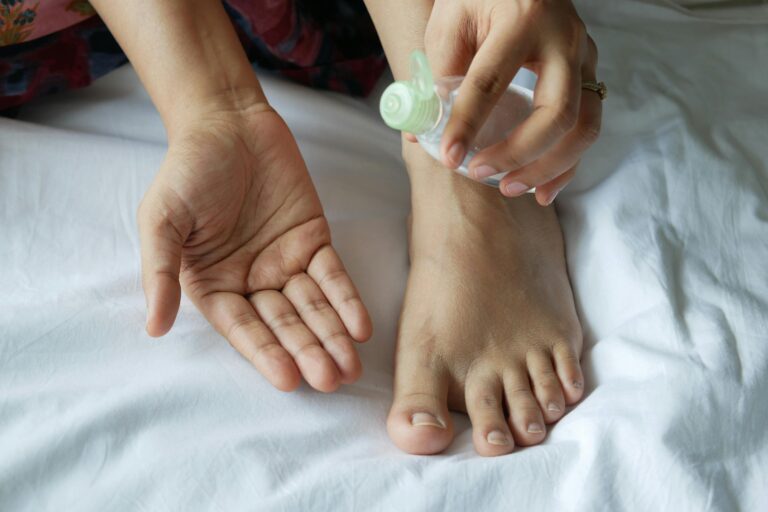
Washing your Hair is, well, more or less part and parcel of personal hygiene, but today people are confused between how often one should do so. While the ideal number of times you should shampoo in a week varies for everyone-from daily cleansing to once a week or a month-there is actually a healthy range for washing your hair. The thing is that everyone should know that there’s no one-size-fits-all answer to this question due to a variety of influences that define how often one should wash his or her hair, like hair type, scalp condition, lifestyle, and personal preferences. To make things clearer, let’s look into what the experts say about how frequently you should wash your locks.
Knowing Your Hair Type
To determine the frequency at which your hair should be washed, you need to know your hair type. General categories of hair are; straight, wavy, curly, and coily. These types contain distinguishable characteristics that react differently to washing.
1. Straight Hair
Straight hair can get oily relatively more quickly compared to other textures because the natural oil from the scalp travels relatively easily down the hair shaft. You could easily observe that straight hair is oily a day or two after you wash it. For this reason, you might find that people with straight hair wash their hair daily or even every 1-3 days.
2. Wavy Hair
Wavy hair is something between straight and curly hair and, generally, tends to get oily, but this will happen less quickly than when the hair is straight. Individuals with wavy hair often find that a wash every 2-4 days is ideal, depending upon their scalp’s degree of oiliness.
3. Curly Hair
Curly hair typically takes longer to become oily, because the texture prevents natural oils inside the hair shaft from traveling down to establish. One of the good things about curly hair is that they tend to go longer between washes and this can average at around 4-7 days on average. Also, washing it too often tends to strip the natural moisture from curly hair, resulting in frizz and dryness.
Coily or kinky hair generally looks very tightly curved. As a result, they are generally more resistant to oiliness. The natural scalp oils cannot reach all the way down to the ends with this kind of tight curl pattern; thus, dryness is caused. Those with coily hair can forgo washing them for weeks or even months. The common recommendation from specialists is that coily hair should be washed every 7-10 days using a gentle, moisturizing shampoo.
Factors That Would Help Determine How Often to Wash Your Hair
While your hair type dictates how often you should wash your hair, there are also other factors involved:
1. Condition of the Scalp
The condition of your scalp is one thing that will help in determining how often you should wash your hair. When your scalp is oily, then you should wash it more frequently to remove the excess oil produced. However, frequent washing can cause your scalp to produce even more oil in an attempt to replace lost moisture. If you have a dry or sensitive scalp on the other hand, over-washing could strip away the natural oils which could exacerbate dryness and irritation. In such cases, less frequent washing with gentle, sulfate-free shampoo may be called for.
2. Lifestyle and Activity Level
It also has to do with your daily activities and lifestyle. For instance, if you work out or feel that you sweat much, you should wash your hair because of the sweat secretion and the irritation that sweating can cause on the scalp. Others may have been working in areas where their hair is easily exposed to dirt, smoke, or even pollutants and may feel the need to wash it more often.
3. Application of styling products
Individuals who use a lot of gel, spray, or dry shampoo, hair requires washing frequently so that unwanted products do not build up in the scalp and instead can block the follicles and become culprits for irritation and itchiness and then complicated problems like dandruff. Frequent washing of the hair will remove such products from the scalp.
4. Hair condition and desired results
The frequency with which you will need to wash your hair will depend on your hair health goals. For example, if you desire to grow your hair longer or encourage more moisture, then you may want to reduce the number of washes. When you wash, you are stripping your hair of vital, natural oils that cause it to feel moist and also moisturized.

What Experts Have to Say
To find the frequency that is commonly recommended, we consulted hair experts and dermatologists about their perceptions on the matter.
1. How Frequently Should You Shampoo?” Is It a Need?
Over-washing itself can strip off the natural oils in the scalp, causing it to be dry and irritated, according to board-certified dermatologist Dr. Joshua Zeichner. Actually, for most people, a lot of the population does not need to wash the hair every day, he added.
2. Case Against More Frequent Washing
Celebrity stylist Jen Atkin says it minimizes shampoos-well, sort of-there is a benefit for those with dry, curly, or color-treated hair. “Shampooing too much dries out the hair and strips its necessary oils, she explains. For most, washing once or twice a week is enough. You can always freshen up your hair between washes with dry shampoo or a gentle splash of water.”
3. Tailor your routine to your hair type, scalp condition, and lifestyle, says scalp-healthy dermatologist Dr. Francesca Fusco. “There’s no hard and fast rule on how often you should wash your hair,” she says. “Just pay attention to how your hair and scalp feel. If your hair looks limp, greasy, or uncomfortable, it’s probably time to wash.”
How Often to Wash: Healthy Hair-Washing End
Now that you know this, here are some tips so that your shampooing routine gets healthier.
Choose the right shampoo and conditioner.
You should pick a shampoo and conditioner that will complement your hair type or your scalp condition. For example, if your scalp is oily, you need a clarifying shampoo to clear out the excess oil that it traps on your scalp. Dry or damaged hair might be best treated with the application of a moisturizing shampoo to which a conditioning moisturizer is added.
2. Lukewarm Water, Not Cold nor Hot Water
Hot water goes against the nature of your hair’s oil, and sucks out moisture from it. Left dry and a mess. Lukewarm is beneficial because it helps lock more moisture in there and avoid damage. Lock that hair cuticle shut with a cool rinse.
3. Don’t Over-Shampoo
A little shampoo goes a long way. Too much can be quite drying unnecessarily. Concentrate on massaging the shampoo into your scalp where most of the dirt and oil accumulation takes place. The rest of the hair will get cleaned out when you wash out the shampoo.
4. Try a Pre-Shampoo Treatment
Pre-shampoo treatments in the form of oil masks or conditioning treatments can prevent some of the damage that can be done to natural moisture while washing. These treatments are especially crucial for hair that curls into the curls or coils and color-treated hair.
5. Dry Shampoo
Another product that can be used in the delaying washing process is dry shampoo. Dry shampoo gives the illusion that your tresses are newly cleaned without having to wet it by removing the oils on your scalp to give your hair volume.
How to Determine Your Best Washing Schedule
The best time to wash hair differs from one person to another.
All you have to do is experiment and find what’s going to work best for your hair, scalp, and lifestyle. Start testing different washing intervals-if you have your hair washed every day, try shifting into every two days, and see how your hair’s going to react after being washed less often. Maybe you already found your perfect wash schedule if you start noticing that your locks look and feel healthy.
Conclusion
There really isn’t a definitive answer to how often one’s hair must be washed; however, if one knows their hair type and scalp condition, this will tell them what best suits them. Professionals in the hair care industry say that not washing as frequently works well for most people, including those who have dry, curly, or color-treated hair, but some people with oily scalps or who are very sweaty want to and should wash their hair more. Although take your hair into consideration, and accordingly schedule its washing based upon the requirement of your hair. This will be geared at ensuring that the hair appears to be healthy and beautiful and also providing an overall balance at the scalp.







